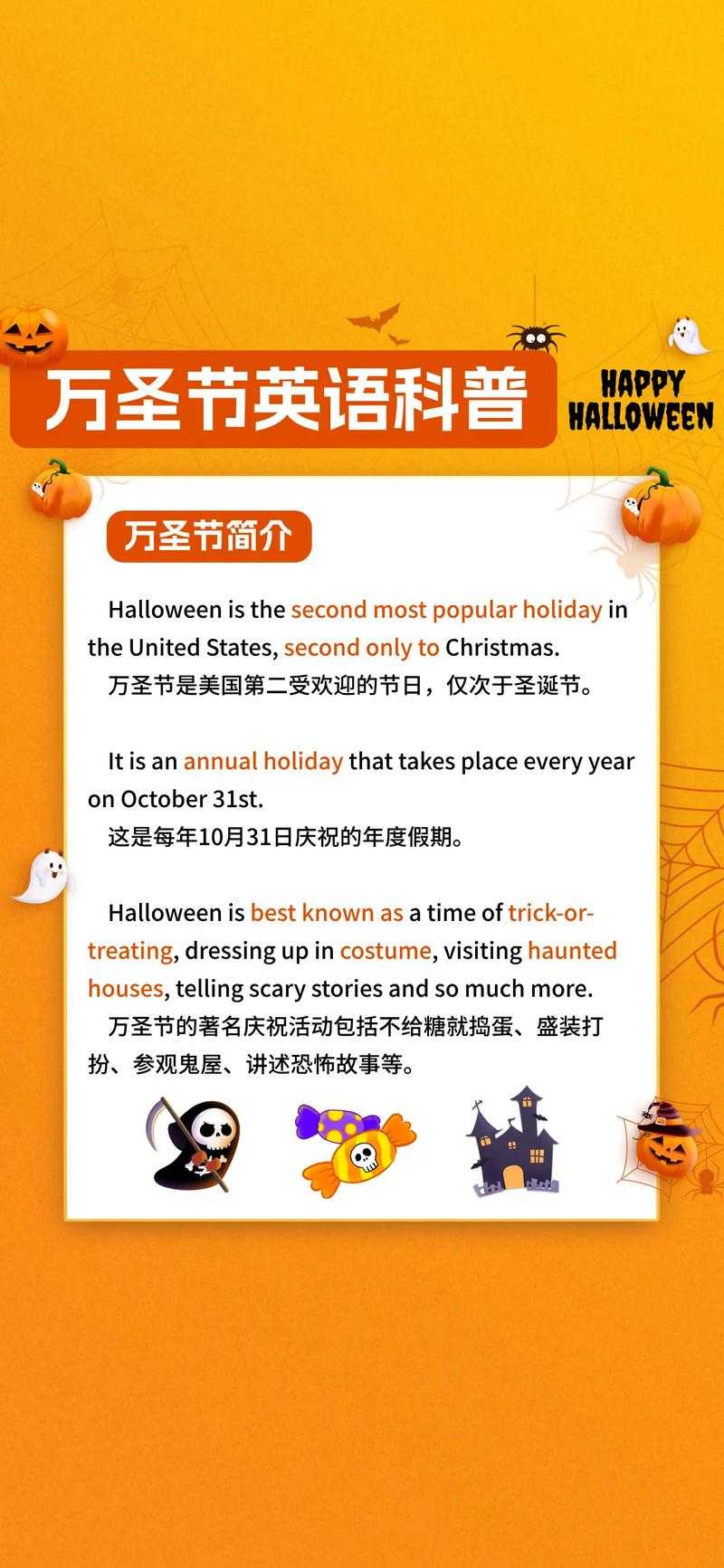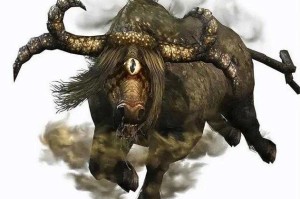Top Halloween English Vocabulary Words for Spooky Season
Top Halloween English Vocabulary Words for Spooky Season

When autumn leaves turn crimson and chilly winds whisper through bare branches, English speakers worldwide prepare for Halloween—the spookiest celebration of the year. Whether you’re carving pumpkins or swapping ghost stories, mastering these 15 essential terms will immerse you in the eerie spirit of the season.
1. Jack-o’-lantern
A hollowed-out pumpkin carved with a sinister face and illuminated by a candle inside. Originating from Irish folklore, these glowing gourds guard against evil spirits. Example: “We placed a grinning jack-o’-lantern on the porch to welcome trick-or-treaters.”
2. Haunted
Describes a place believed to be inhabited by ghosts. Example: “The abandoned mansion on Hill Street is rumored to be haunted by a weeping woman.”
3. Ghoulish
A macabre or grotesque appearance, often linked to undead creatures. Example: “Her ghoulish makeup—pale skin and hollow eyes—made everyone gasp.”
4. Witchcraft
The practice of magical skills or spells, traditionally associated with broom-riding witches. Example: “The old book contained secrets of ancient witchcraft.”
5. Trick-or-treat
A Halloween tradition where children dress in costumes and ask for candy door-to-door. Example: “Kids shouted ‘Trick-or-treat!’ while holding out their candy bags.”
6. Poltergeist
A noisy, mischievous ghost known for moving objects. Example: “The poltergeist flung kitchen utensils across the room at midnight.”
7. Cauldron
A large metal pot used by witches to brew potions. Example: “Smoke rose from the bubbling cauldron filled with green liquid.”
8. Zombie
A reanimated corpse craving human flesh. Example: “His zombie costume, complete with fake wounds, won the costume contest.”
9. Cemetery
A burial ground for the dead, often featured in ghost stories. Example: “The foggy cemetery looked straight out of a horror movie.”
10. Apparition
A ghostly figure that appears suddenly. Example: “An apparition in a tattered gown floated down the staircase.”
11. Werewolf
A mythical human who transforms into a wolf under the full moon. Example: “The howling sound made them suspect a werewolf was nearby.”
12. Eerie
A unsettling, mysterious atmosphere that evokes fear. Example: “The eerie silence in the forest made their hair stand on end.”
13. Cobweb
Dusty spider webs symbolizing neglected, creepy spaces. Example: “The attic was covered in cobwebs and old trunks.”
14. Costume
Clothing worn to resemble monsters, celebrities, or fictional characters. Example: “She sewed a vampire costume with a flowing black cape.”
15. Phantom
A ghostly being that appears and vanishes mysteriously. Example: “Sailors told tales of a phantom ship that glows in the moonlight.”
Why These Words Matter
Halloween vocabulary isn’t just about scares—it’s a cultural gateway. Terms like “trick-or-treat” and “jack-o’-lantern” reflect centuries-old traditions, while “poltergeist” and “witchcraft” tie into global folklore. Use these words to decode horror movies, participate in themed parties, or simply sound like a local during October.
Pro Tip: Pair these words with classic Halloween activities—visit a haunted house, host a horror movie marathon, or bake “witch finger” cookies. The more you use the terms contextually, the faster they’ll stick.
Now, light your jack-o’-lanterns, don your ghoulish attire, and let the spooky lexicon guide you through this hauntingly delightful season! 🎃👻





